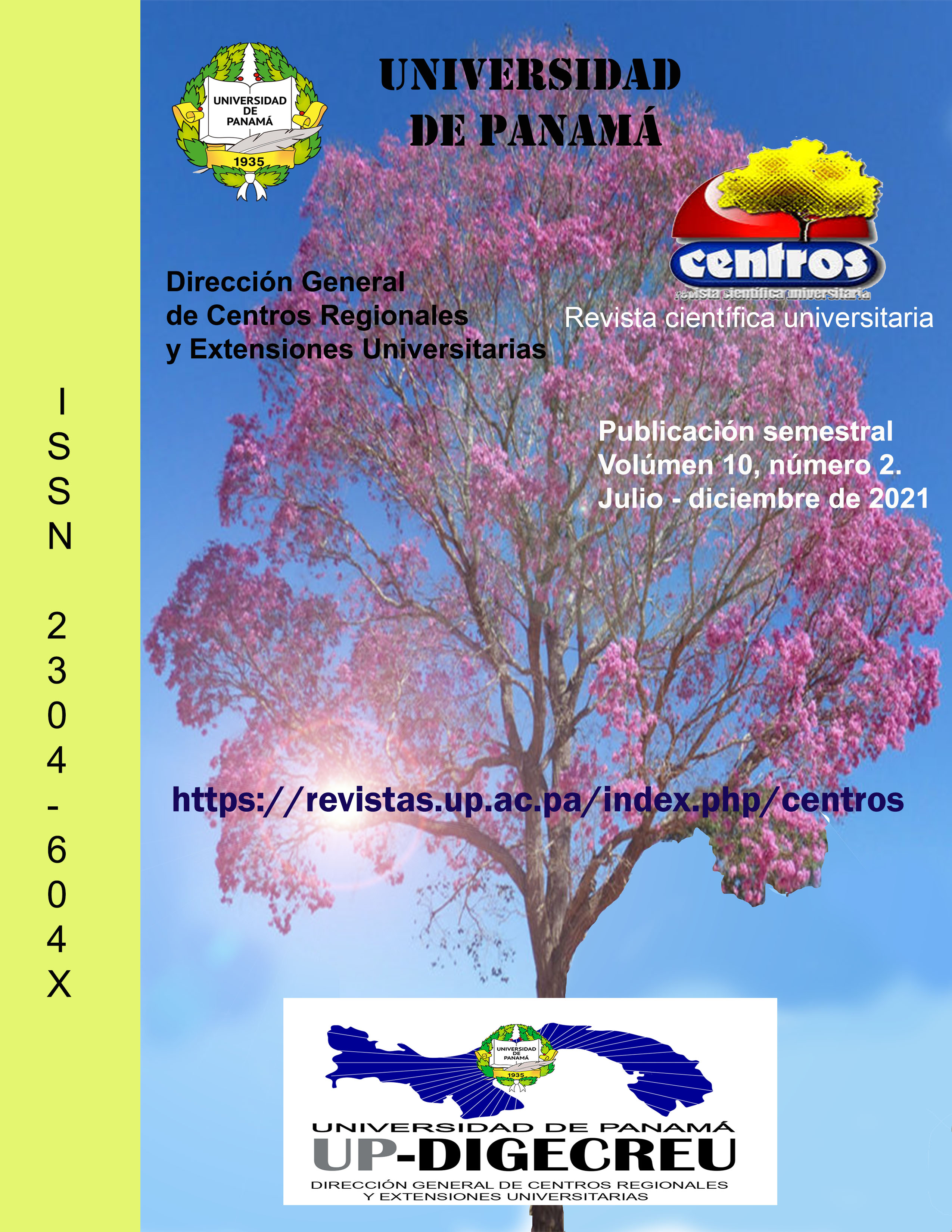References
Arroyo, J. y Ortega, E. (2009). Los trastornos de personalidad en reclusos como factor de distorsión del clima social de la prisión. Revista Española de Sanidad Penitenciaria, 11, 11-15. http://scielo.isciii.es/pdf/sanipe/v11n1/en_02_original_1.pdf
Barbosa, Á. Villamarín, M. y Quiroga, L. (2017). Funciones ejecutivas, rasgos de personalidad e impulsividad en condenados por acceso carnal violento. Revista diversas perspectivas en psicología, 1 - 17. http://www.scielo.org.co/pdf/dpp/v13n2/1794-9998-dpp-13-02-00169.pdf
Bebbington, P. Jakobowitz, S. McKenzie, N. Killaspy, H. Iveson, R. Duffield, G. y Kerr, M. (2017). Assessing needs for psychiatric treatment in prisoners. Social Psychiatry and Psychiatric Epidemiology, 52, 221-229. file:///C:/Users/UCACUE/Downloads/Bebbington2017_Article_AssessingNeedsForPsychiatricTr.pdf
Calderón, E. (2019). Funciones ejecutivas en individuos menores de 18 años. Centro de adolescentes infractores. [Tesis Psicología Clínica, Universidad Nacional de Chimborazo]. http://dspace.unach.edu.ec/handle/51000/6422
Cajamarca, J.Triana, J. y Jiménez, W. (2015). Los efectos de prisionalización y su relación con el Trastorno Adaptativo. Revista Enfoques, 1(2), 54-82. http://revistasdigitales.uniboyaca.edu.co/index.php/EFQ/article/view/166.
Campos, A. Gómez, C. (1986). Efectos del internamiento en prisiones en la congruencia self-ideal. Revista de Psiquiatría y Psicología, (17) 403-406. http://scielo.isciii.es/scielo.php?script=sci_nlinks&ref=5523308&pid=S1575-0620200900010000200009&lng=es
Carrasco Gómez, J. y Maza, J.M. (2005). Manual de psiquiatría legal y forense. La Ley Chinchilla, I. Zúñiga, P. y Román, R. (2019). Rasgos psicopáticos en personas privadas de libertad: Un análisis de correlación de reincidencia con el PCL-R en el Centro de Atención Institucional de San José. Revista PsicoInnova, 1 - 16. http://www.unibe.ac.cr/ojs/index.php/psicoinnova
Coid, J. (1984). How many psychiatric patients in prison. Br J Psychiatry. (145) 78-86. https://doi.org/10.1192/bjp.145.1.78
Crespi, M. y Mikulic, I. (2004). Calidad de vida percibida: estudio de los factores de riesgo y protección en sujetos privados de libertad. XI Jornadas de Investigación. Facultad de Psicología-Universidad de Buenos Aires. https://www.aacademica.org/000-029/254
Dubois, B. Verin, M. Teixeira, C. Sirigu, A. Pillon, B. (1994). How to study frontal lobes functions in humans. Springer
Echeverri, J. (2010). La prisionalización, sus efectos psicológicos y su evaluación. Revista Pensando Psicología, 6 (11). https://revistas.ucc.edu.co/index.php/pe/article/view/375
Fanzel S. Dansen J. (2002). Serious mental disorder in 23000 prisoners: a systematic review of 62 surveys. The Lancet, 16: 545-550. https://doi.org/10.1016/S0140-6736(02)07740-1
Fernández Montalvo, J. y Echeburúa, E. (2005). Hombres condenados por violencia grave contra la pareja: un estudio psicopatológico. Revista Análisis y Modificación de Conducta, 31 (138), 451-475. http://rabida.uhu.es/dspace/bitstream/handle/10272/12592/Hombres.pdf?sequence=2
Guerrero, M. Moreno J. Guerrero, E. y Cruz-Márquez, B. (2016). Pensamientos distorsionados y atribución de responsabilidad en condenados por violencia de género. Revista de Psicología Conductual, 24(2), 207. https://dialnet.unirioja.es/servlet/articulo?codigo=5631618.
Godefroy, O. (2003). Frontal syndrome and disorders of executive functions. J Neurol, 250: 1-6. https://doi.org/10.1007/s00415-003-0918-2
Goldberg, E. Podell, K. (1999). Adaptive versus veridical decision making and the frontal lobes. Consciousness and Cognition, 8: 364-377. https://doi.org/10.1006/ccog.1999.0395
Guamán, V. y Carballo, K. (2019). Funciones Ejecutivas en Personas Privadas de Libertad. Centro de Rehabilitación Social Guaranda [Tesis de Psicología Clínica, Universidad Nacional de Chimborazo]. http://dspace.unach.edu.ec/handle/51000/5737
Hernández M. Herrrera R. (2003). La atención a la salud mental de la población reclusa. Asociación Española de Neuropsiquiatría, 315-319.
Levine, B. Black, S. Cabeza, R. Sinden, M. McIntosh, A. Toth, J. (1998). Episodic memory and the self in a case of isolated retrograde amnesia. Brain. 121: 1951-1973. https://doi.org/10.1093/brain/121.10.1951
Lombardo, P. (2017). Enfoques y cárceles conceptuales en la Habana, Cuba: Nueva Sociedad.
Millon T. Roger, D. (1998). Trastornos de la Personalidad. Más allá del DSM-IV. Barcelona. Masson: 3-17.
Molina, J. Trabazo, V. López, L. Fernández, S. (2009). Delictología de los trastornos de personalidad y su repercusión sobre la imputabilidad. Revista de Psicología y Psicopedagogía, 2, 101-126.
https://dialnet.unirioja.es/servlet/articulo?codigo=3145979
Nuñez, M. y López, M. (2009). Psicopatología y Delincuencia. Revista Electrónica de ciencia penal y criminología, 11. http://criminet.ugr.es/recpc/11/recpc11-r2.pdf
Slachevsky, A. Pillon, B. Fourneret, P. Renie, L. Levy, R. Jeannerod, M. (2000). The prefrontal cortex and conscious monitoring of action. An experimental study. Neuropsychologia; 41: 655- 665. 2003;41(6):655-65. doi: 10.1016/s0028-3932(02)00225-7. PMID: 12591023.
Stuss, D. Levine, B. (2002). Adult clinical neuropsychology: lessons from studies of the frontal lobes. Annu Rev Psychol; 53: 401-433. https://doi.org/10.1146/annurev.psych.53.100901.135220

